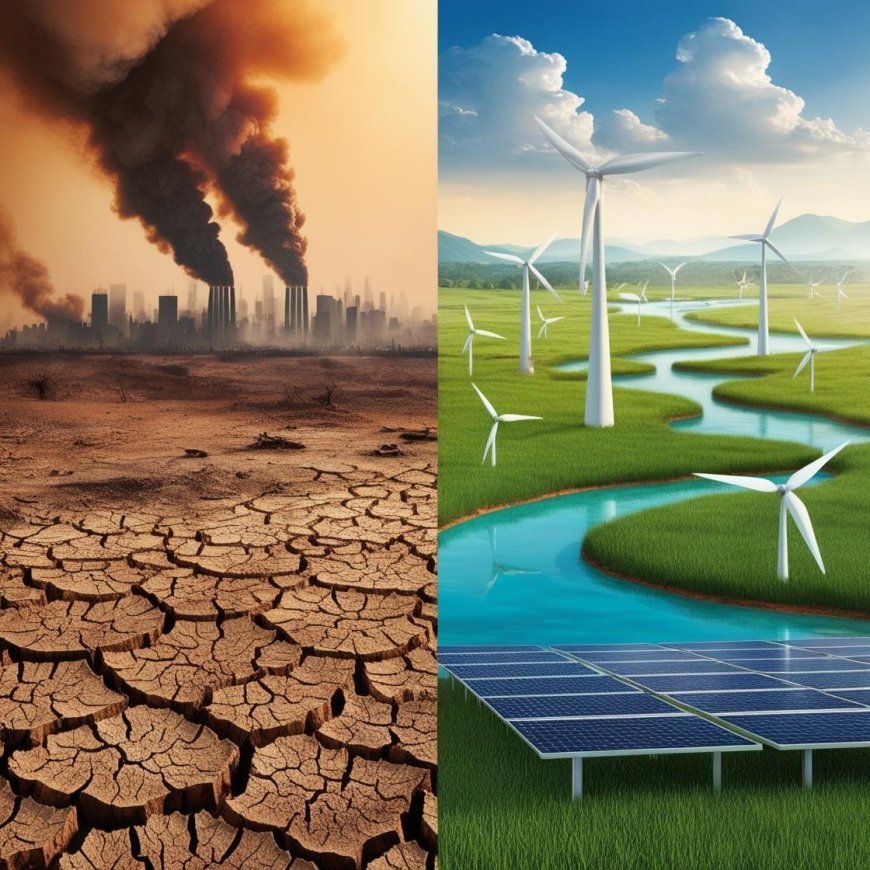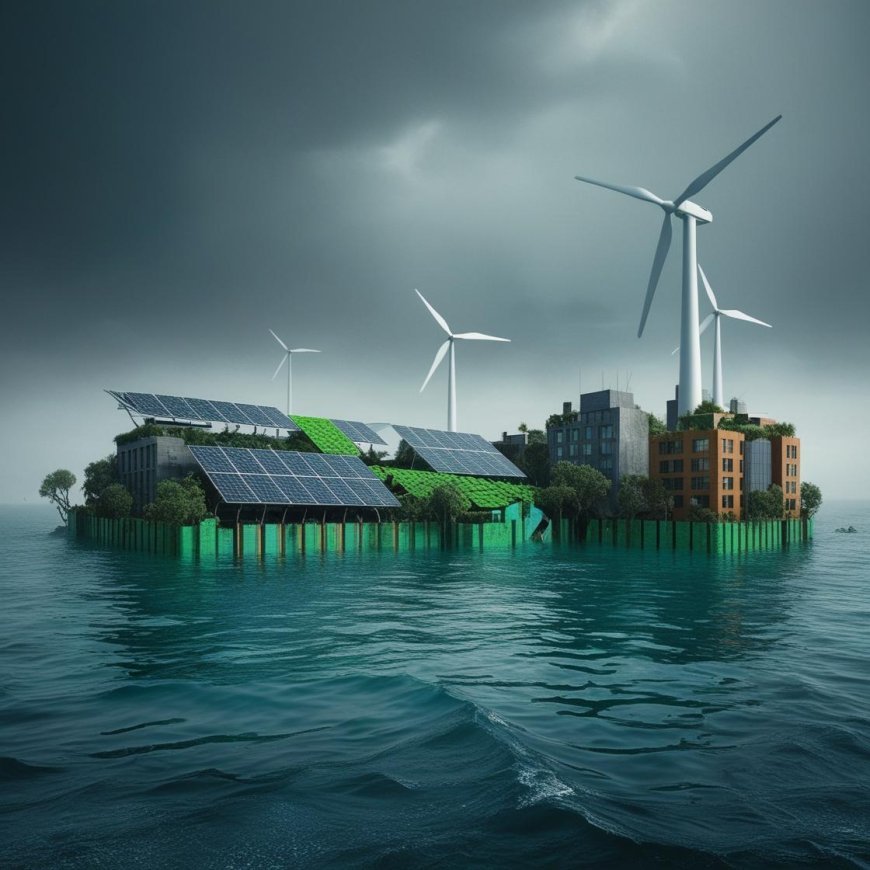Climate Change Impact by 2030: What Experts Predict and How We Can Help
As 2030 approaches, experts warn of severe climate impacts that will reshape our environment, from rising sea levels to more extreme weather. But we still have a chance to act. This article explores expert predictions on the changes we’ll face and simple, impactful steps each of us can take to make a difference. Together, we can turn concern into action and build a sustainable future.

Climate change is no longer a distant concern; it has arrived, and its consequences are becoming increasingly apparent. As we approach 2030, scientists and environmental experts tell us what to expect if the current trend continues, but the good news is that we still have the ability to change some things to greatly influence the future, for the better or worse. It delves deeply into expert projections, but most importantly, how each of us can take action to address the global catastrophe.
1. Rising Temperature and Extreme Climatological Events
Experts predict that temperatures will rise, resulting in more frequent and intense weather occurrences. For example, by 2030, record-breaking heat waves, extended droughts, and catastrophic hurricanes will be the new normal. These will have an impact on not only our comfort, but also agriculture, food security, and public health. Changes are true, and they will influence the entire world, from farm fields to city streets.
What Can You Do?
Some of the strategies to reduce energy consumption at home include using renewable resources to generate electricity and using less water. These are tiny acts, like as planting trees or utilizing energy-efficient equipment.
2. Rising Sea Levels and Coastal Threats

Flooding would displace millions. In 2030, infrastructure could suffer serious damage. Miami and New York are two more cities that may be completely submerged as a result of rising water levels, with inundation threatening entire neighbourhoods and living spaces.
Such policies can help to protect endangered coasts and encourage the planting of new trees. Individual activities that contribute to reducing pollution that exacerbates climate change include the reuse of single-use plastics, reduced waste, and the purchase of environmentally friendly items
3. Loss of Biodiversity and Threatened Ecosystems
Climate change is threatening natural ecosystems, causing plant and animal species to lose habitats and face extinction. Experts estimate that biodiversity loss will increase by 2030 in food systems, medicine, and the natural beauty we enjoy.
What You Can Do:
Begin eating a plant-based or low-impact diet to reduce the burden on land and water resources. Supporting conservation organizations and lowering one's personal carbon footprint through deliberate choices like careful travel can help to maintain endangered ecosystems.
4. Impact on Public Health
Climate change will have a significant impact on people's health. By 2030, people will be more likely to face air quality issues, water-borne infections, and heat-related disorders. The most vulnerable will be children and the elderly.
What You Can Do:
You can also contribute to health and sustainability by lowering air pollution—take public transportation, carpool, or even cycle as often as possible. Other proactive steps include supporting environmentally friendly programs in your community and being knowledgeable about air quality solutions
5. Solutions and Hope for the Future
While this all appears frightening, there is cause to be optimistic about the future. The sun and wind are shining brighter and becoming more accessible, sustainable methods are gaining popularity, and individuals from all over the world are banding together to make a difference. We may strive toward a more sustainable future by adopting climate-conscious decisions, supporting environmentally friendly policies, and educating others.
What Can You Do:
Participate in your community, minimize carbon footprints, and learn more. Join an environmental or community action, or start a modest clean-up project in your region, to bring about change through collective action
Conclusion
The climate challenges we confront by 2030 are severe, but not insurmountable. Every tiny effort helps, and we can moderate or even reverse some of the harmful trends. We understand in some ways what our choices today will imply for future generations, so we have the opportunity to design a more resilient, healthier, and sustainable society.
What's Your Reaction?










































































